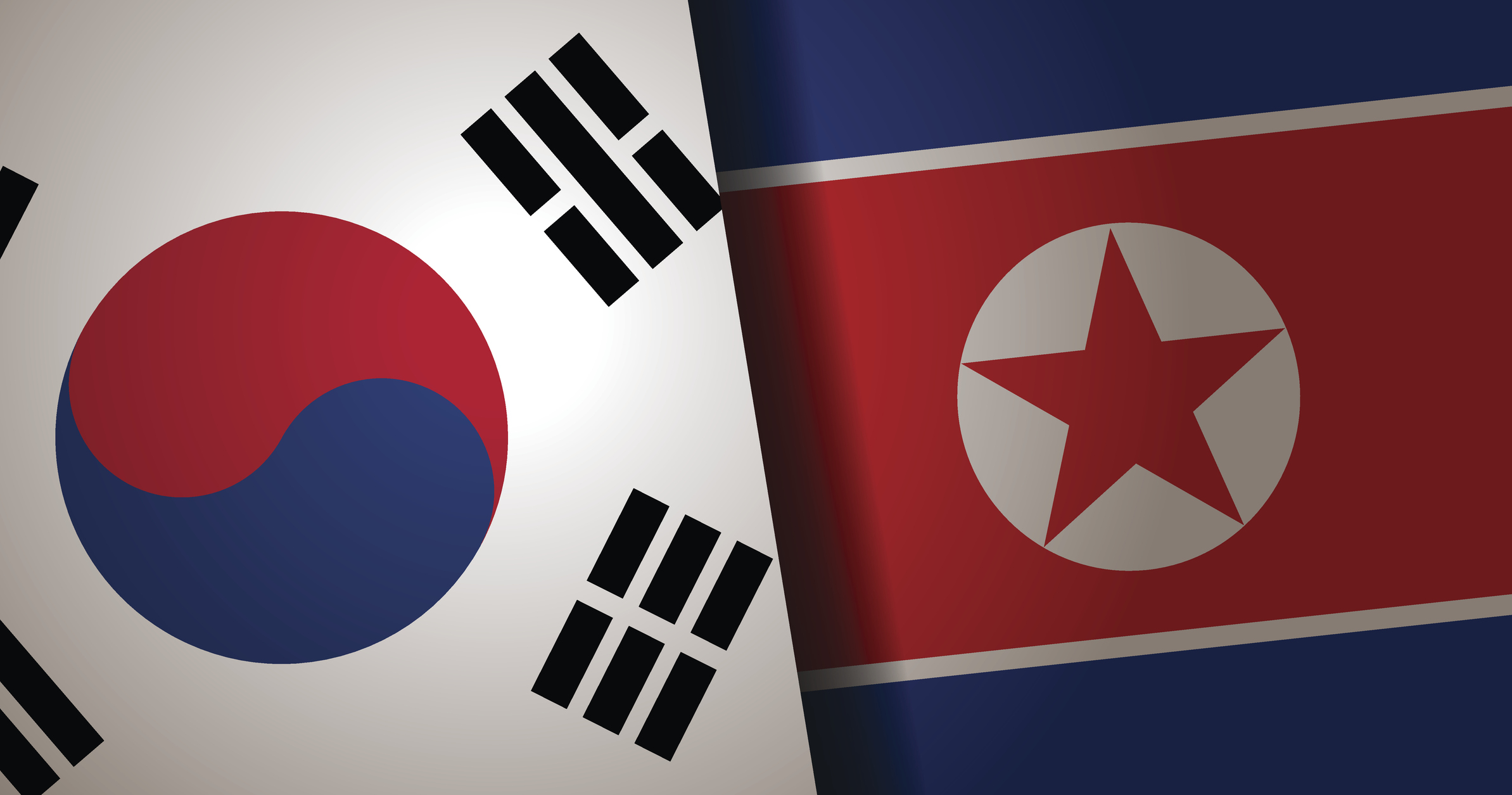In South Korea, it is not uncommon for right-wing factions to attempt to paint any left-wing opposition as being under the sway of North Korea, an age-old tactic that has been used time and time again.
This narrative, built on fear and suspicion, has been used repeatedly to silence political dissent and consolidate power. The idea that left-wing groups in South Korea are secretly working with the North has no real grounding in the current political or ideological realities of either nation.
A Familiar Right-Wing Tactic
This isn’t a new strategy; it’s been part of the South Korean right-wing playbook for decades. During the 1960s and 70s, the military dictatorship of Park Chung-hee used the fear of North Korean influence to justify authoritarian rule and crack down on opposition. In the 1980s, the military regime under Chun Doo-hwan similarly used the same tactics to suppress student protests and civil rights movements. The narrative was always the same: any attempt to question the government was painted as a threat from the North.
Fast forward to today, and this tired trope continues to be deployed, particularly when left-leaning factions push for reforms or challenge the status quo. But this narrative is outdated and misleading.
The Cold War is Over
The reality is that the Cold War is long over, and the dynamics between the two Koreas have changed dramatically. South Korea’s left-wing movements are not working in tandem with North Korea, nor are they trying to emulate the North’s policies, such as Juche, a self-reliance ideology.
The left in South Korea, much like in other parts of the world, seeks social reforms, labor rights, and democratic governance, not the mimicking of the Juche system. To suggest that the South’s left-wing groups are somehow influenced by the North is to ignore the vast differences in political and economic structures that have developed over the past several decades.
North Korea’s Changing Focus
While many were distracted by South Korea’s internal political debates, North Korea has been quietly reshaping its own path. Pyongyang has long since given up on reunification as an official policy. The idea of absorbing the South or seeking to bring about a forced reunification is no longer on the table. Instead, the North has moved closer to Russia and China, effectively aligning itself with this new block in the Cold War 2.0. Pyongyang has even sent troops to support these alliances, signaling a clear pivot away from its previous emphasis on Korean reunification.
This shift in focus has gone largely unnoticed, but it is significant. Not only has the North stopped actively pushing for reunification, but it has also actively dismantled symbols of the past. Streets and monuments dedicated to the idea of reunification have been renamed or destroyed. Even more telling, the North now refers to South Korea by its official name, no longer acknowledging it as a sibling nation.
A New Path for North Korea
The idea of reunification has become increasingly irrelevant in North Korean ideology. In fact, this policy shift has been so significant that even foreign travel agents and partners working with North Korea have been instructed to avoid references to reunification in their promotional materials. This is a deliberate, long-term change in policy that reflects a pragmatic approach to international relations, not the irrational pursuit of a futile ideological battle with the South.
Yes, North Korea wants to develop, but not at the expense of its own national identity and certainly not by seeking to subsume the South into its own vision. Instead, the North is looking to develop in a way that aligns more with Russia and China, drawing closer to the BRICS Bloc rather than pursuing its former unification goals.
The Left as a Scapegoat
What we are left with is an all-too-familiar narrative: the right-wing establishment, in its desperation to hold onto power, lumps all left-wing factions together and labels them as agents of the North. This convenient scapegoating of the left not only serves to discredit opposition but also enables the right to maintain control over the working class under the guise of national security. The result is a society where political opposition is stifled, civil liberties are undermined, and ordinary people suffer for the sake of maintaining an unjust status quo.
However, South Koreans have long stood against this manipulation. Despite the efforts of the ruling elite to suppress dissent, the people have consistently pushed back. Protests, political movements, and civil disobedience have been essential parts of South Korea’s democratic evolution. The suggestion that left-wing opposition forces are simply agents of the North is not only false but serves as a dangerous attempt to undermine the very democracy that South Koreans have fought so hard to achieve.
Conclusion: A False Narrative
To conclude, the idea that North Korea is trying to influence South Korea’s political landscape is not just outdated—it’s absurd. North Korea has long moved on from its ambitions of reunification and has focused instead on its own relationships with Russia and China.
The suggestion that the left in South Korea is somehow aligned with North Korea’s outdated and irrelevant ideology is nothing more than a right-wing ploy to discredit political opposition and protect the interests of the powerful. South Korea’s people, who have fought for their democracy, will not be swayed by such tired narratives.

